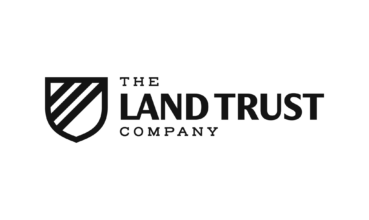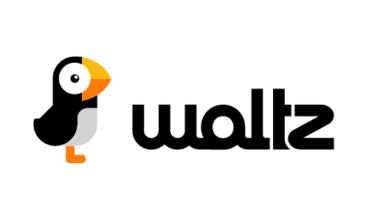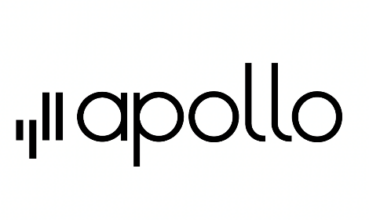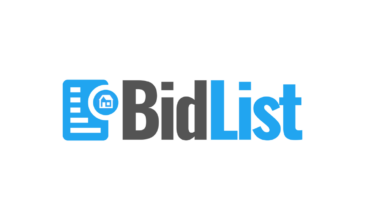“Everybody wants to adopt AI, but nobody knows how to. If you show up at people’s doors and say, ‘I’m building for you,’ people are really receptive to solution...
Utility Ranger: Democratizing NOI Growth for Small Multifamily Investors




When real estate investor Tiffany Mittal spotted a recurring issue across her family’s multifamily portfolio in 2008 – skyrocketing utility costs eroding net operating income (NOI) – she didn’t just find a solution for her properties. She identified an untapped opportunity in the value-add space that would eventually transform utility billing for small to mid-sized multifamily operators nationwide.
The catalyst came through implementing ratio utility billing systems (RUBS) at her 36-unit value-add property in San Diego. “All of a sudden, our property valuation grew by a million dollars when we went to go refinance the property, just for a $36,000 bump of utility revenue,” Mittal explains. “We were able to cash out refi $500,000 of that million dollar increase and use that money to buy another property.”
During this period, in her professional role, Mittal was part of a team that successfully scaled an existing utility billing company from $100,000 to $20 million in revenue over five years. Building on this success, she took another strategic step in her journey by joining a software company to learn the technology side of the business.
She thought, “I want to do something. I don’t know how to do it, let me go work for someone to learn everything I can about how to do it,” Mittal explains of her methodical approach. “I can take that information back as my own knowledge and then do this myself.”
This persistence and strategic thinking ultimately led her to identify a massive underserved market: with roughly half of the 30 million apartment units in U.S. owned by small investors, traditional utility billing companies were leaving significant value on the table.
Even when faced with development challenges and dwindling initial funding, Mittal remained focused on her vision. She strategically pursued and secured a partnership with Grant Cardone’s 10X Incubator, understanding that her target market of small investors often follows real estate influencers. “It was kind of crazy how all this happened, but it was such an amazing opportunity,” she reflects. “I knew what I wanted and just had to figure out how to get there.”
The resulting platform, Utility Ranger, addresses a common operational challenge Mittal understood firsthand. Drawing parallels to tax preparation software, she developed a solution that transforms complex utility billing into a streamlined process. The platform combines intuitive software with comprehensive onboarding support, reducing what was traditionally a time-consuming back-and-forth with service companies into a 10-15 minute monthly task.
As the platform evolves, Mittal continues to expand its capabilities while maintaining its core simplicity. Integration with property management software platforms like Appfolio and Buildium is underway, further streamlining operations for larger portfolios while keeping the solution accessible to smaller operators.
Mittal’s approach to reaching her target market is equally strategic. “My go-to-market strategy is very unique in this field of multifamily because I’m going after this smaller subset of multifamily investors, owner operators, and knowing that traditional means [of marketing] aren’t going to reach them,” she explains. Rather than pursuing conventional industry channels, she’s built her reach through real estate investment influencers and targeted podcast appearances. “These operators don’t have time to go to these Apartment Association trade shows, but they do listen to podcasts on the way to their properties. I’m trying to reach them where they’re at.”
What sets Mittal apart is her ability to bring institutional-level strategies to smaller operators. She’s integrated utility billing into her own acquisition strategy, specifically targeting properties without existing billing systems. “Part of our acquisition strategy when we buy properties is, are those properties billing for utilities today? Because if they’re not, we know we can buy that property instantly, start billing them for utilities and create value-add on the property with no money out of pocket,” she explains.
This approach is particularly valuable for emerging investors. “You might want to buy a value-add property, but may not have the money initially and the capital to put into the property to create the value,” Mittal notes. “These are NOI hacking techniques you don’t necessarily learn when you’re a beginning investor. I came from the bigger multifamily industry side, and I’m taking that knowledge from the larger industry and bringing it down to the beginning operators who need this to grow.”
Unexpected applications are emerging beyond individual investors. Property management companies are discovering new revenue streams by internalizing utility billing operations. One 5,000-unit operator is projected to generate $18,000 monthly in additional management revenue through the platform. “It gives them an additional service offering that can become a profit center,” Mittal notes.
Now scaling her own portfolio in Florida, Mittal continues to demonstrate the power of utility billing as a value-add strategy. A recent 30-unit acquisition has already seen a million-dollar valuation increase, primarily through utility reimbursement implementation. For multifamily investors seeking proven NOI growth strategies without significant capital expenditure, Utility Ranger is opening access to a value-add play previously reserved for institutional operators.
Similar Articles
Explore similar articles from Our Team of Experts.


“The most doxxed piece of information is somebody’s personal residence,” explains David Lanciotti, Executive Vice President and General Counsel at The Land Trust Company. I...


Born from personal frustration with international property investment, Yuval Golan is building what he calls the “Amazon checkout plus Klarna for real estate.” As founder and CEO...


After three decades in design and construction, Michael Miller’s vision for revolutionizing property art displays began in an unexpected place – luxury retail. “I really lo...


In a home improvement industry dominated by aggressive lead generation and unclear pricing models, BidList has developed a platform that brings clarity and efficiency to roofing and solar in...




